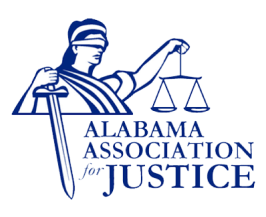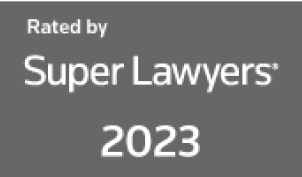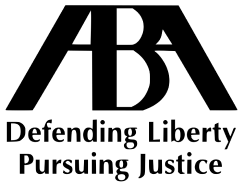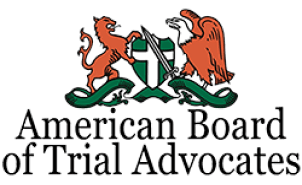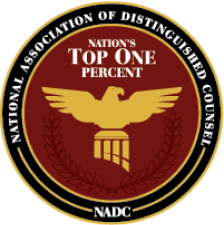A “whistleblower” is an employee who reports a violation of the law by their employer. The employee might report a violation against them, as with a sexual harassment claim, or might report a more general violation like tax/IRS fraud, healthcare fraud, procurement fraud, defense contractor fraud, or others. The federal government and many states have laws protecting whistleblowers who’ve filed a claim or reported a violation from retaliation.
Even if you feel you are not ready to take legal action, consult one of our qualified lawyers as soon as possible so that you will know your options. At Heninger Garrison Davis, we do not charge any fees upfront. In fact, we will only charge attorney’s fees if we obtain a financial settlement for you. If you don’t win, we won’t get paid a legal fee. Call us today for your free case evaluation at 1.800.241.9779**





